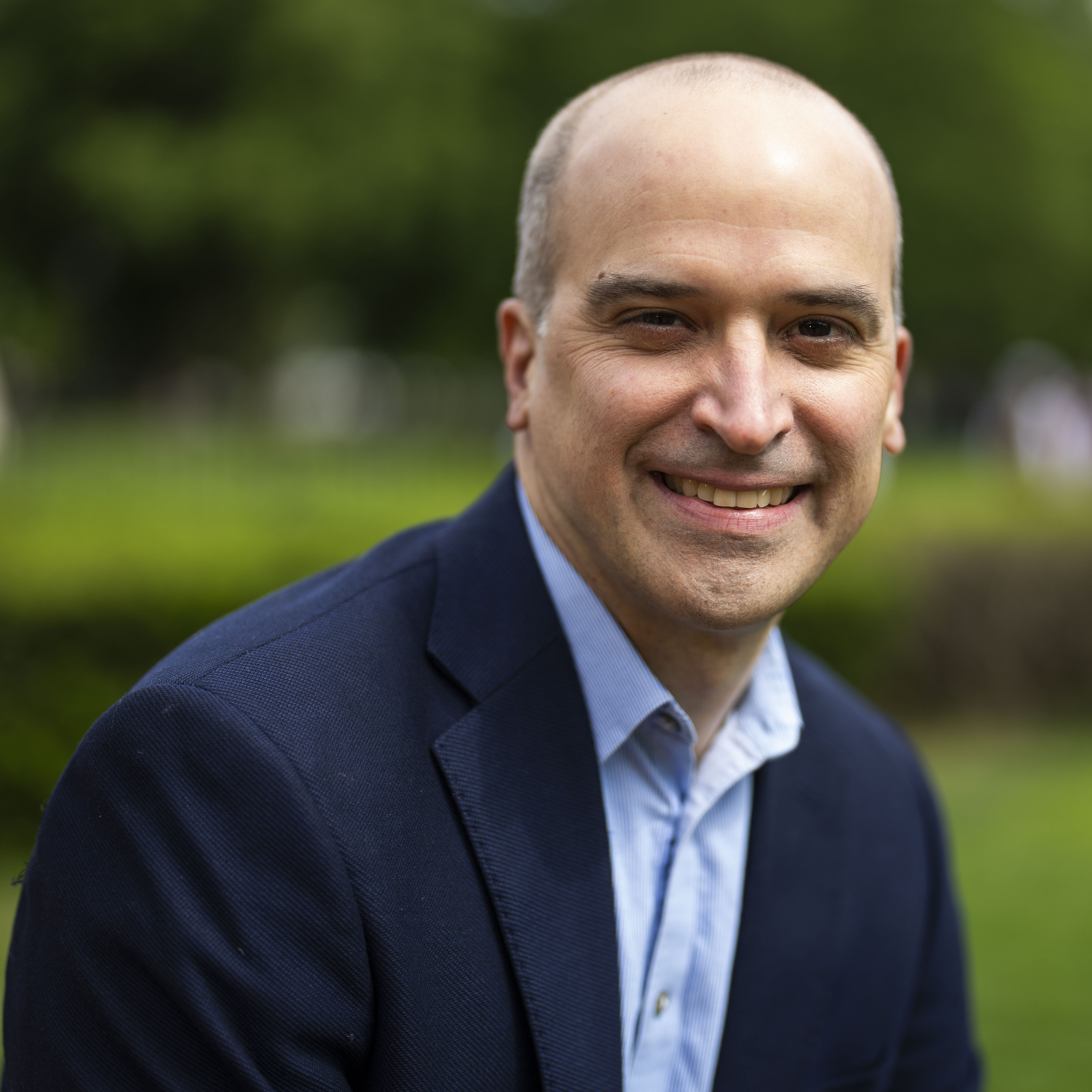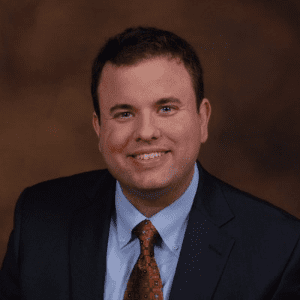Sign up for weekly new releases, exclusive access to live debates, and Open to Debate’s educational newsletters.
- Debates
Features
Topics
Upcoming debates
-
-
-
Is the love of your life… ChatGPT? People who have either found dating in our world more challenging or are feeling lonelier than ever are turning to AI chatbots to fill the void and find romance and companionship. To them, it is a new opportunity to experience those feelings without judgment or encountering rejection. As romantic love increasingly straddles the digital and physical realms, could AI companionship rival, or even surpass, traditional human connection? Some in favor of traditional relationships argue that real intimacy can’t be coded, and that love is evolutionary, complicated, and deeply human. Meanwhile, proponents of dating a bot say that AI can offer empathy, safety, and a new kind of connection, especially for those left out of traditional dating. With this context, we debate the question: Could Dating an AI Be Better Than Dating a Human? This debate will be recorded on June 10, 2025 at the Comedy Cellar's Village Underground in New York City.Tuesday, June 10, 2025
-
- Insights
- About
-

SUPPORT OPEN-MINDED DEBATE
Help us bring debate to communities and classrooms across the nation.
Donate
- Header Bottom



















JOIN THE CONVERSATION